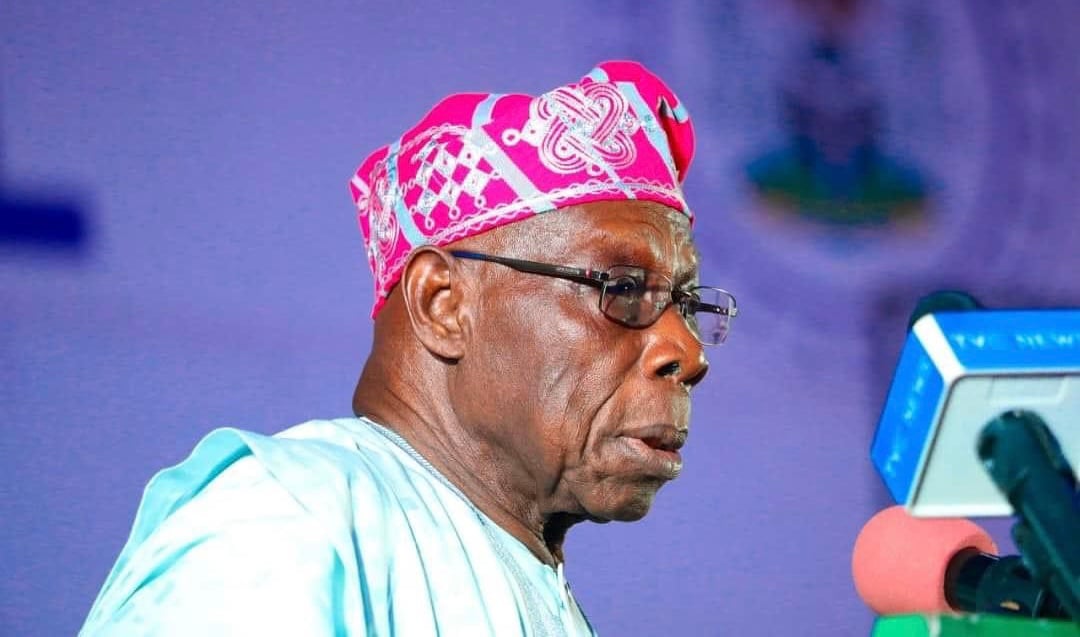Lagos upscales healthcare digitisation with EMR Rollout

Lagos State is digitalising its primary healthcare system with deployment of Electronic Medical Records (EMRs) in the 326 Primary Health Care (PHC) centres. The initiative, backed by Governor Babajide Sanwo-Olu’s administration, will integrate these records into a centralised State Health Information Platform (SHIP), unifying healthcare data for better efficiency and improved patient care.
Permanent Secretary in Lagos State Primary Health Care Board, Dr. Ibrahim Mustapha, said while EMRs have been implemented in 100 PHCs, the goal is to onboard all 326 facilities. “We cannot start with all at once,” he noted. “So, with support from government, the Gates Foundation, and Clinton Health Access Initiative, we pioneered the EMR initiative with 100 PHCs…”
He added that the initial rollout is not just a technology switch but a learning opportunity. “We’re assessing lessons learned, identifying challenges, and scaling the system more efficiently in the next phase. This workshop is critical in charting the way forward.”
The EMR system will replace traditional paper records with digital systems that allow real-time access to patient information, facilitate continuity of care, and reduce delays. However, the broader vision extends beyond digitisation of records at the PHC level.
Mustapha noted the SHIP project as the backbone of this transformation. “SHIP is our centralised health information platform. It will link EMRs from primary, secondary, and tertiary health institutions. When fully functional, a patient’s health information will be available and accessible at all levels of care in the state.”
Senior Special Assistant to the governor on Health, Dr. Oluwatoni Adeyemi, said: “We’re not stopping at primary health care. The end goal is to connect our entire health system from primary to tertiary care through the Smart Health Information Platform,” she said. “This means seamless referrals, real-time data monitoring, and evidence-based policymaking.”
She assured residents that the new system will lead to a more efficient and responsive healthcare sector. “Patients can walk into any facility without carrying their case notes. Referrals will be seamless. Data confidentiality is a top priority, and health outcomes will be significantly improved.”
At the frontline of service delivery, healthcare providers are already seeing the benefits of the EMR system. Medical Director of General Hospital in Surulere, Dr. Olumide Sojinrin, noted the impact of EMRs on data quality and care delivery. “EMRs improve confidentiality, access to care, and the ability to make informed clinical decisions,” he said. “It helps us analyse disease patterns, evaluate treatment outcomes, and deliver quality care faster.”
He acknowledged initial resistance from healthcare workers and patients but said attitudes are shifting as the benefits become clear. “It’s the way forward. The technology is making our jobs easier and the care better.”
The Executive Chairman of Ojodu LCDA, David Odunmbaku is already leading efforts to replicate the EMR model locally. “We’ve deployed EMRs across our seven PHCs with trained personnel, new medical staff, fiber connectivity, and patient medical cards. With our local EMR system, patient data is accessible in any ward, reducing delays and improving care.”
Odunmbaku praised the state’s strategy and urged other local governments to align with the broader vision. “The state’s centralized EMR platform is long overdue. Our job as local councils is to support and synchronize with the state’s system for a more robust, people-centered healthcare delivery.”








